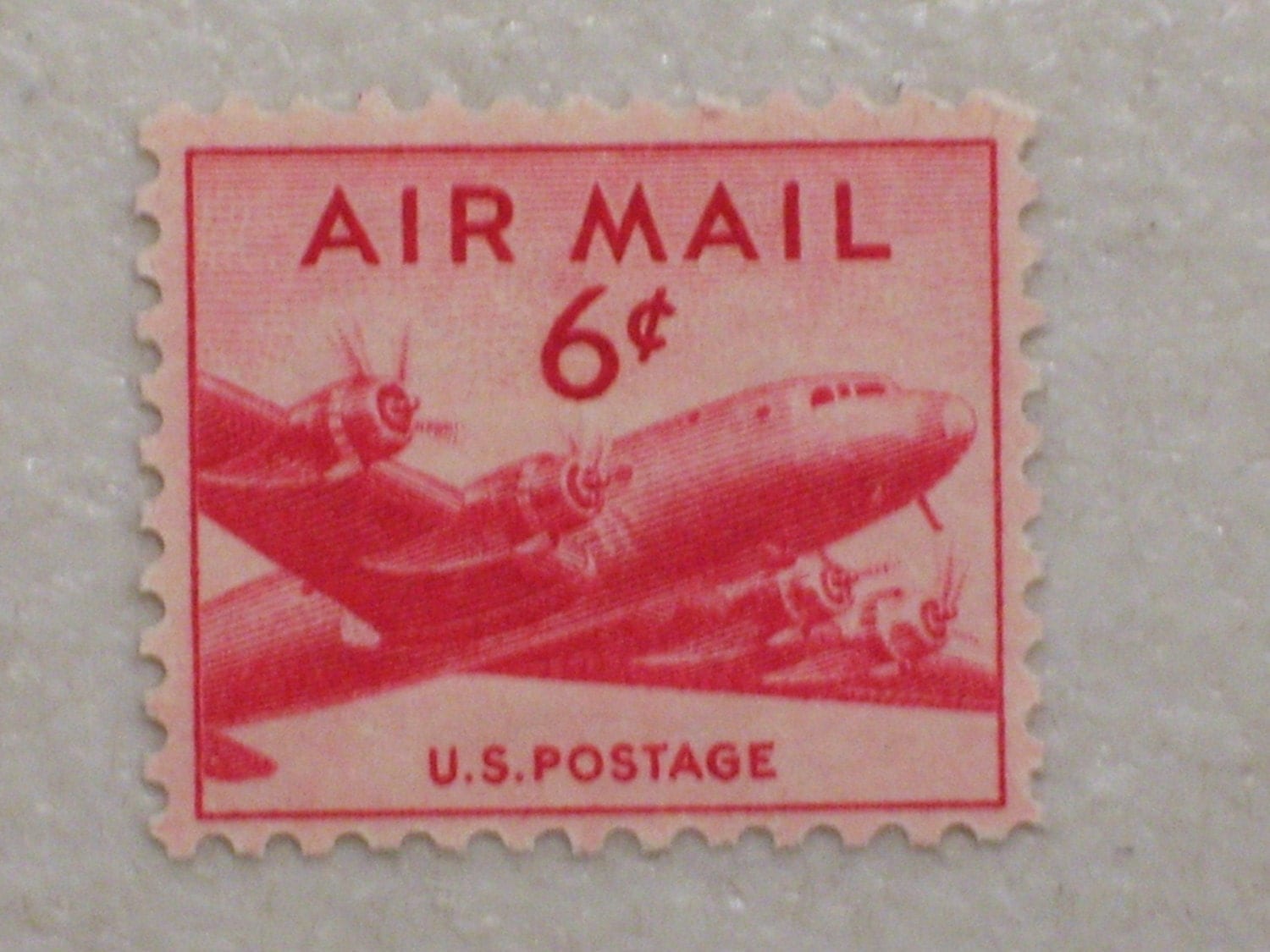


Yet the Kingdom of Hawaii’s postmaster was American, and Honolulu’s and San Francisco’s post offices were well-connected. In 1963, Life magazine said this stamp “Pound for pound, is the most valuable substance on earth.” The stamp dates back to 1851, when Hawaii was a sovereign nation and a popular destination for American missionaries spreading the gospel.
#Airmail 5 cent stamp red movie#
(Credit: Movie Poster Image Art/Getty Images) ‘Blue Boy’ Alexandria Postmaster’s Provisionalīlue Hawaiian missionary stamp (courtesy of Siegel Auction Gallery) Stanley Donen’s 1963 comedy Charade, starring Cary Grant and Audrey Hepburn. Colonial orators, like Patrick Henry, as well as newspapers, seized on the issue of English tyranny taking the form of taxation without representation, building the wave to revolution some 10 years later. Mob violence and intimidation followed, forcing stamp tax collectors to resign their positions and driving away ships carrying stamp papers at seaports. The colonies were incensed at the notion that they could be taxed by anyone outside their elected assemblies. While the money demanded by the act was quite low and the act was repealed the following year, the damage was done.

The “stamp” was applied to paper to denote that the tax had been paid. It was levied on American paper used for legal, official or everyday useful documents: ship’s papers, business licenses, calendars, declarations, inventory, etc. The Stamp Act, passed by British Parliament in 1765, often cited as one of the immediate causes of the American Revolution, was, in fact, a tax. (Courtesy of Siegel Auction Gallery) The Battle of Yorktown (Credit: Fine Art Images/Heritage Images/Getty Images)


 0 kommentar(er)
0 kommentar(er)
